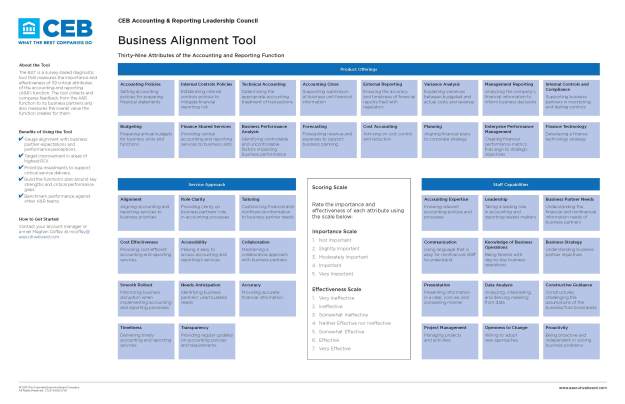Sports and Analytics: Vision for Tomorrow
Imagine traveling back in time to attend a major sports event in the early 20th Century. The game-day broadcast may be available, but only on the radio. You may be able to buy hot dogs, but there are no fancy drinks or snacks. Forget about large-screen monitors or billboards. And the only thing that fans bring to the game is themselves—no smartphones, and no tweeting.
Now, contrast that image against the world of sports today. The comparisons are amazing, and they remind me of how computer systems no more powerful than a pocket calculator were able to guide astronauts in theApollo mission to the moon.






